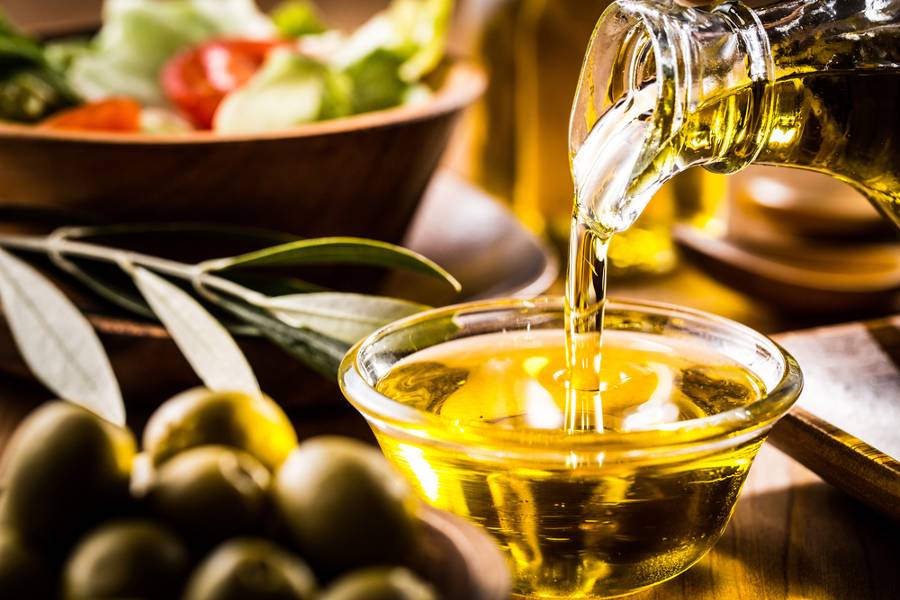Edible oil prices are likely to come down with Indonesia lifting its ban on palm oil exports from Monday.
Analysts warned the fall in the price could be temporary as the country’s high dependency on edible oil exposes it to global risks.
They said skewed policies have pushed the country to be import dependent from almost self-sufficiency in edible oils, producing 97 per cent of its requirement in 1993-94.
While Indonesia exempted crude palm oil, its export ban covered refined, bleached, deodorized (RBD) palmolein.
Industry sources said the end of the ban should soften prices.
Palm oil and its derivatives are used in food products, detergents, cosmetics and biofuels. These are used to manufacture several daily consumption goods such as soaps, margarine, shampoos, noodles, biscuits and chocolates.
Any rise in prices will push up the input costs across these industries.
Indonesia produces 46 million tonnes (mt) of palm oil a year. It consumes 9mt as food and another 9mt in its biodiesel programme and exports the remaining 28mt.
B.V. Mehta, executive director of Solvent Extractors’ Association of India (SEA), said edible oil prices should fall by the second half of this year.
The prices may not come back to normal, but a 15-20 per cent fall is on the cards, provided no other shocks prevail.
He emphasized the need to have a long-term vision for edible oils, as its demand is only going to rise in the future.
Farm expert Devinder Sharma said the government frittered away the gains of the Yellow Revolution — a targeted programme in the 1980s to increase edible oil output — when it started to reduce tariffs to meet WTO obligations.











